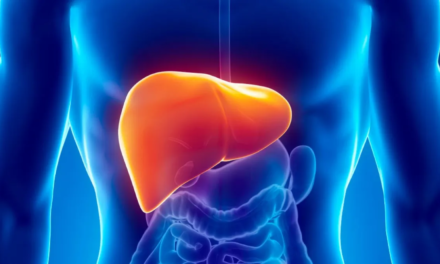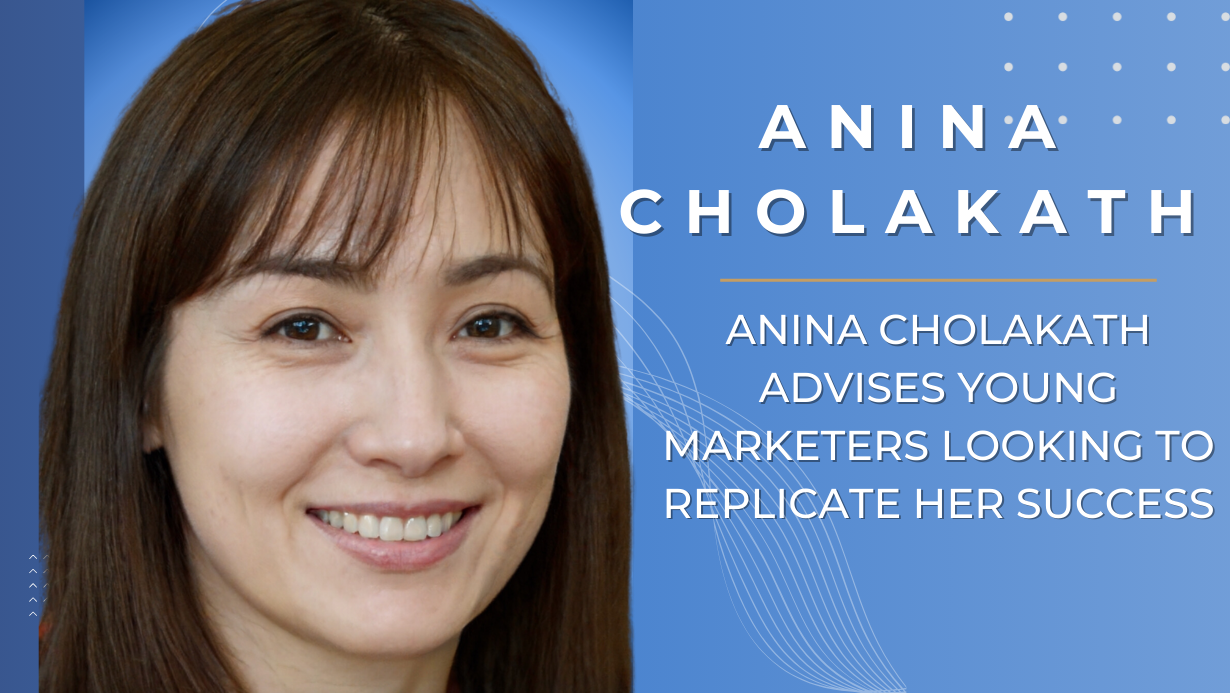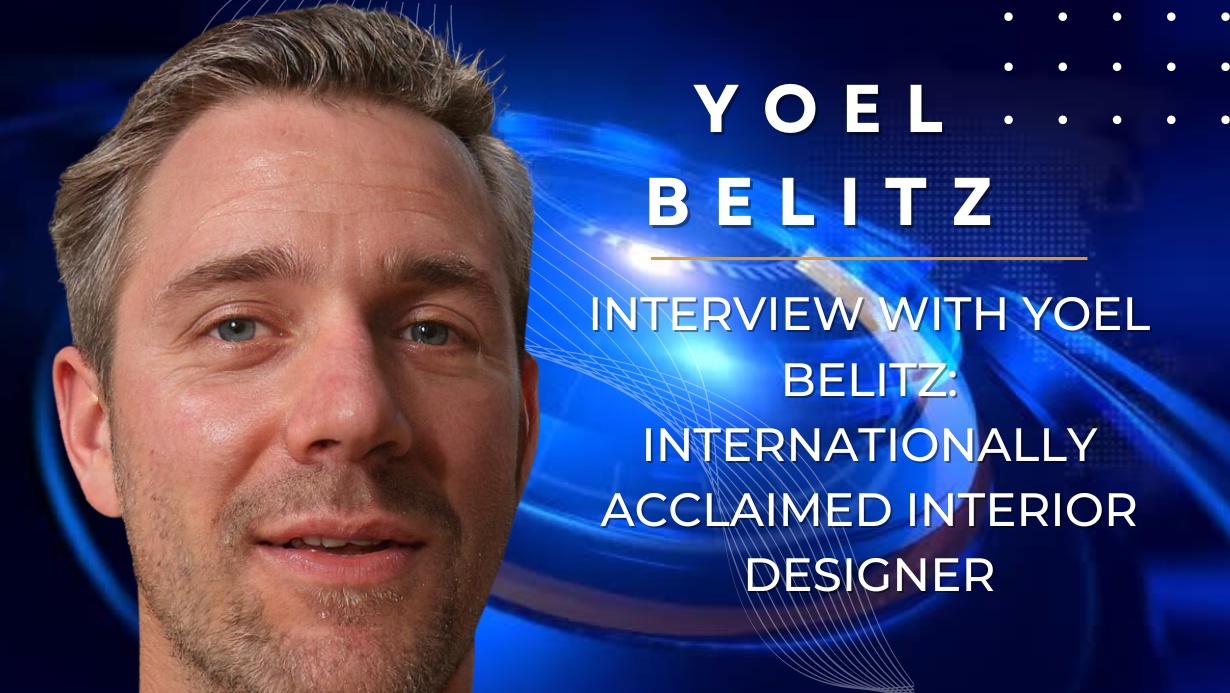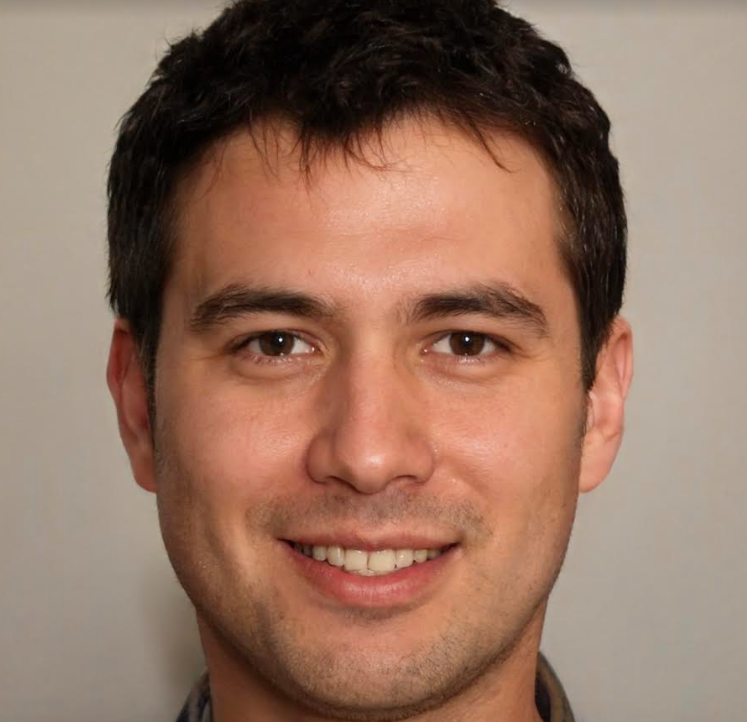Karen Grinzaid on How JScreen Genetic Screening is Saving Lives
Karen Grinzaid is Assistant Professor of Human Genetics and Executive Director of JScreen, a national online genetic disease screening program based out of Emory University School of Medicine. She has extensive experience in genetic counseling and testing, clinical care and clinical research. Karen is proud of JScreen’s success in helping couples across the U.S. have healthy babies and in giving people the information they need to help prevent the devastating effects of hereditary cancer.
Karen, tell us about your role as a genetic counselor and why this work is so important.
I trained as a genetic counselor and spent many years working in genetics clinics. One of the hardest parts of my job was giving parents bad news. “Your child has a life-threatening condition and there is no effective treatment at this time.” When I knew that the parents could have had genetic testing before they started their family and used that information to help plan for healthy children, it was particularly heartbreaking. Our goal at JScreen is to help parents access information about their genetic risks so they can be proactive and help ensure the health of their future children. It warms my heart to know that our work prevents suffering and helps families avoid tragedies. We recently started offering a new genetic test for hereditary cancer. In the same way, we are preventing disease and suffering by giving people information they can act on to help prevent cancer.
Awareness is really key. The more we can get the word out about the importance of screening, the more lives we can save!
Tell us about JScreen. Who is it intended for and how has that changed and grown?
JScreen launched in 2013 to address the need for affordable, accessible reproductive screening for the high risk Jewish community. Since then, testing has expanded to include over 200 disease genes common in other groups as well. In fact, JScreen’s ReproGEN test is intended for anyone planning to have their first child or add to their family, regardless of their background. In January of 2021, JScreen added a new testing option called CancerGEN which includes 60 cancer susceptibility genes. This test is intended for anyone over the age of 21 that wants to know their hereditary risk for cancer so they can be proactive about their health.
Want to be proactive about your own health? JScreen tests for genetic changes that increase a person’s risk for many types of cancer, including breast, prostate, colon and others.

JSCREEN GENTIC SCREENING IS SAVING LIVES
Tell us about the testing process.
The testing process for ReproGEN and CancerGEN is easy. People register for one or both test kits at JScreen.org. Their information is reviewed by our genetic counselors and a signed test order is obtained from their healthcare provider. A kit is shipped to their home, and they collect a saliva sample and mail it to the lab. About 3 weeks later, a genetic counselor contacts them to set up a telehealth appointment to discuss the results. Reports are shared with the individual and their healthcare provider.
What kind of genetic diseases does JScreen screen for?
The ReproGEN test includes over 200 diseases that could affect a couple’s future children. For most of these diseases, both parents have to carry a mutation in the same disease gene for their children to be at risk. Examples are cystic fibrosis, Tay-Sach disease and sickle cell disease. The CancerGEN test includes over 60 cancer susceptibility genes associated with hereditary risk for cancer. Examples are BRCA1 and BRCA2 – mutations in these two genes are associated with increased risks for breast, ovarian, prostate and pancreatic cancer.
Does your program screen for BRCA and other cancer-related genes?
Yes, JScreen’s CancerGEN test includes the BRCA1 and BRCA2 genes, and 61 other cancer-related genes.
Testimonials:
Anna tested with JScreen while she was in college. Her results showed that she had a blood clotting disorder called Factor XI deficiency, a condition that is common in Ashkenazi Jews. Years later when she became pregnant, this information helped her OBGYN create a birthing plan that involved a hematologist. Thankfully, delivery of her first child went smoothly. Two weeks after she delivered the baby, she started bleeding heavily and was rushed to the hospital. Anna said, “If I didn’t know that I had Factor XI deficiency, who knows what would have happened. I could have hemorrhaged and no one would have known why or how to treat it. JScreen’s test saved my life!”
Samantha was getting ready to have IVF for fertility reasons. She came through JScreen and learned that she was a carrier for Duchenne muscular dystrophy, a severely debilitating condition that is passed on to male offspring. She chose to incorporate preimplantation genetic testing (PGT) as part of her planned IVF cycle to ensure that her baby did not have this devastating disease.
Alex tested through JScreen when he was volunteering for the program, and learned that he was a Tay-Sachs carrier. When he met his future wife Melissa, they were shocked to learn that she was also a carrier. They chose to use reproductive technology, in vitro fertilization (IVF) with pre-implantation genetic testing (PGT), to avoid passing on this devastating disease. They welcomed their first baby to the family in May 2021. They said, “We are so grateful that we had access to testing and the opportunity to have a healthy baby.”
ReproGEN currently costs $149 and CancerGEN is $199. JScreen offers financial assistance to those who qualify.
What is your mission for JScreen?
Awareness is really key. The more we can get the word out about the importance of screening, the more lives we can save!
JScreen is an independent, not-for-profit program focusing on carrier screening for genetic diseases common in the Jewish population. Both JScreen and DTC programs allow participants to screen at home, but JScreen’s program is led by medical professionals at an academic medical center and provides specialized genetic counseling follow-up by phone or video-conferencing for people who are identified as carriers.
1 Comment
Submit a Comment
Join
Work With Me














Hello.This article was extremely fascinating, particularly since I was browsing for thoughts on this matter last couple of days.